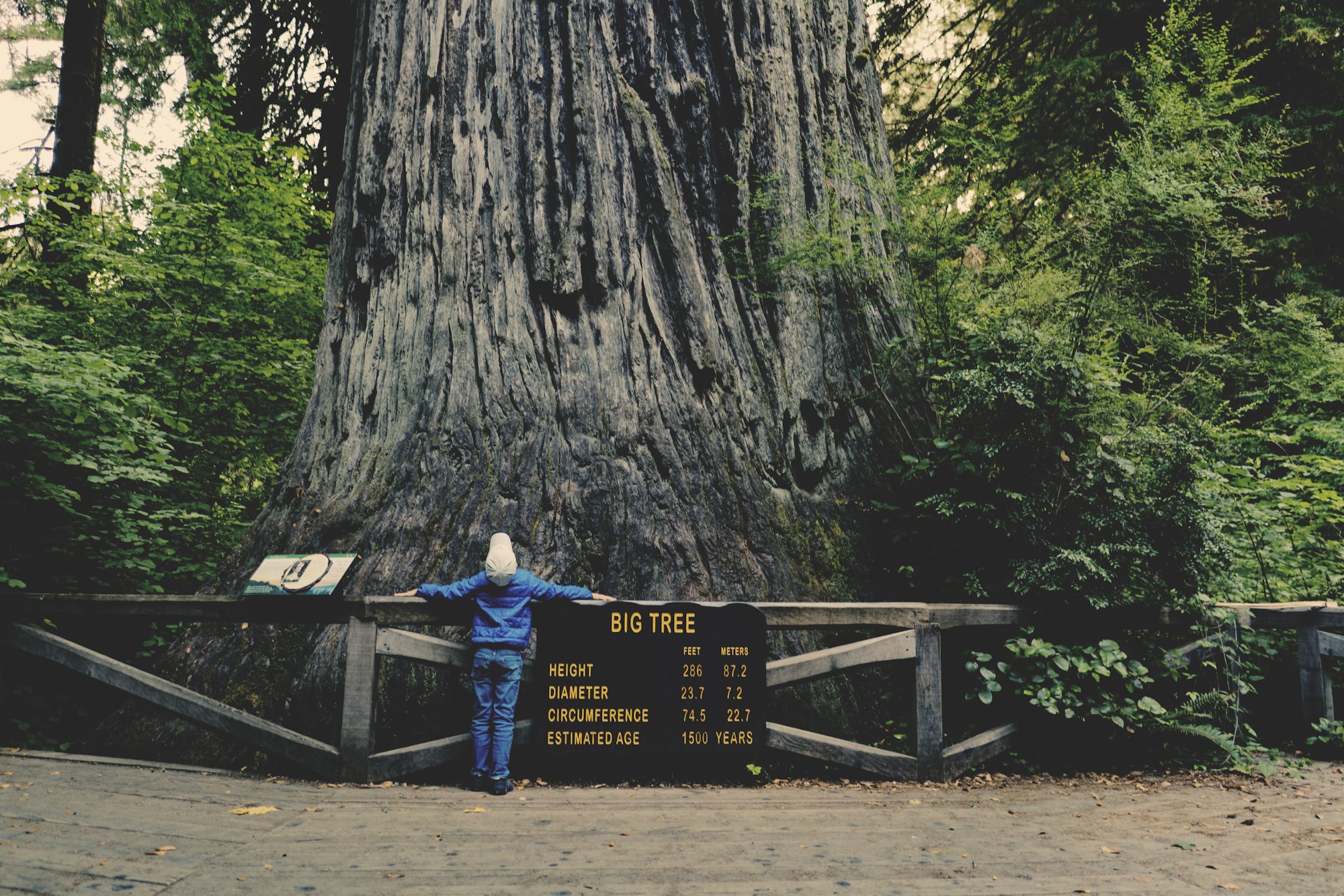Why Productivity Isn’t As Much About Time As I Once Thought
I realized time management is great when you're young... after I started getting old.
What do I mean by that?
Youth is when you can carry the same energy levels hour to hour.
When you're young, nine o'clock at night can be as productive as nine o'clock in the morning.
Not so, when you hit your mid-thirties (or rather, when your mid-thirties hit YOU)... as I learned a long time ago.
Over time, certain hours became more precious (and productive) than others.
But when our productivity begins to dip in life, we usually...
- blame the wrong things
- ignore the wrong things
- try the wrong things
... as we look for "fixes" to get more productive.
And certainly, we have to...
As a pastor, your days are packed.
Meetings, sermon prep, hospital visits, and answering that 11 p.m. email from a concerned church member—it feels like there’s never enough time.
So, you probably try to: manage it better.
Time blocks, task lists, color-coded calendars.
It’s good.
But it’s not enough.
"Time management" is like trying to fit everything into a suitcase that’s already too small.
And let’s be honest—most of us are the person sitting on the suitcase, sweating, saying, “No, no, it’ll close. I just need one more zipper pull.”
Spoiler alert: it never closes.
So here is the paradigm shift:
Productivity isn't as much about time management as it is about energy management.
Especially as you age.
Let’s talk about why energy management beats time management—and how it can transform how you lead, serve, and live.
The Problem with Time Management
Here’s the thing: time management assumes that every hour of the day is created equal. That’s just not true.
- Ever tried to write a sermon at 3 p.m. and felt like your brain was stuck in cement? It’s like trying to read Leviticus in one sitting. Possible? Maybe. Enjoyable? Definitely not.
- Or forced yourself to power through admin tasks after a long morning of counseling? That’s the moment when even the Excel spreadsheet starts mocking you: “Oh, you’re still here? Cute.”
It’s not the lack of time that’s killing your productivity—it’s the way you’re using the wrong energy for the wrong tasks.
Why Energy Management is the Game-Changer
Unlike time, energy isn’t fixed. It ebbs and flows throughout the day, influenced by your sleep, diet, movement, and even your emotions.
Energy management means aligning the right tasks with your natural rhythms.
Here’s why it works better:
1 - You capitalize on your peaks.
Those golden hours when you feel sharp and focused? That’s when you tackle sermon prep or strategic planning. Save the repetitive stuff for your dips.
(Let’s face it: nobody needs peak energy to decide the order of Sunday announcements. “Ah, yes, the youth retreat announcement should go before the one about the Silver Saints Fall Leaves trip. Ministry accomplished.”)
2 - You protect your reserves.
Energy management isn’t just about doing—it’s about recharging. Breaks, walks, prayer time—they’re not wasted time; they’re refueling stops.
Or as I like to call them, “soul snack acquisition missions.”
3 - You prevent burnout.
Time management squeezes more into your day.
Energy management builds sustainability into your life.
And that’s the real win.
Because let’s be real: nobody wants to be the pastor who burns out and ends up giving a sermon that should be titled “Faith, Patience, and Why This Sermon Took So Long.”
3 Steps to Shift from Time to Energy Management
Ready to make the switch? Start here:
- Audit your energy peaks and valleys.
Spend a week tracking when you feel most energized and focused. Are you sharper in the morning? Mid-afternoon? Align your high-priority tasks with your high-energy hours. (And if your high-energy hours happen after two cups of coffee and a couple of sings through "Eye of the Tiger," in front of the mirror, embrace it. We’re all just trying to survive here.) - Batch tasks by energy demand.
- High energy = sermons, counseling, vision casting.
- Moderate energy = emails, planning.
- Low energy = filing, organizing.
Save your brainpower for what matters most. Or as I like to call it, “Don’t use a chainsaw to cut butter.”
- Build in recovery rhythms.
Stop thinking of breaks as a weakness. Take a 10-minute walk, grab a healthy snack, or spend time going through part of an intercessory prayer list. Recharge your batteries so you can go further, longer. (And by the way, if you find yourself standing looking at stuff that's not a phone, screen or the walls of your office, you're doing recovery right.)
The Balanced Approach
Look, time management still has its place. A good calendar keeps you on track.
But without managing your energy, all the time management tools in the world won’t make you more productive—they’ll just make you busier.
You’re not called to just be busy. You’re called to be effective.
When you start thinking in terms of energy management, everything changes. You get more done, feel less overwhelmed, and create margin for what matters most—leading your church with clarity, focus, and joy.
Your time is precious. But your energy? That’s your superpower.
And like any good superpower, it’s best used wisely.
Otherwise, you’re just a guy in a cape, putting Sunday announcements in their proper order.
BEST LINKS
💪 Health & Vitality
- 7 Foods That Could Cause Sleep Disruption (AARP)
- Walking at a Faster Pace May Help You Live Longer (Fortune Well)
- Get Your Energy Back: The Scientific Secrets You Need to Know (Glucose Revolution on YouTube, 12 mins)
📈 Productivity
- 15 Forgotten Productivity Hacks That Will Change How You Work (MSN) [Note: Slides format, but a good reminder set with a couple new ones.]
- "13 Lessons From "Feel Good Productivity" That Changed My Life" (Maxi Hristov on Twitter/X)
👀 ICYMI





